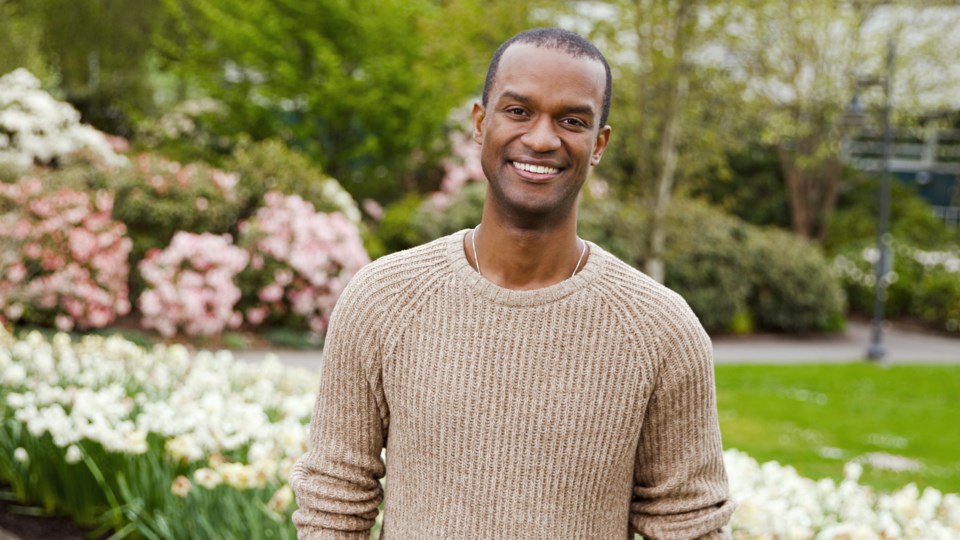When most people think of news media or social media, the term mindfulness is not usually what comes to mind.
Meditator, and until very recently, Global TV journalist Michael Newman wants to change how the community and society consume and engage with traditional and nontraditional media forms.
"I realized there is a real gap in understanding between how media is made and how the public consumes it," said Newman. "The technology, especially in the last 20 years, used to create media and disseminate it has changed faster than the rate the population has had a chance to learn, understand and develop critical skills to assess it."
It has been proven in long-term studies that media habits can and are impacting people’s mental health. That's why Newman has created a new, in-person course at Vancouver Island University’s tiwšɛmawtxʷ campus called: Navigating Media in Turbulent Times. The course is open to anyone in the qathet region who wants to learn how to have mindful engagement with the media as opposed to using it unconsciously.
"There is social pressure put on people, to have to engage with all the suffering happening in the world, but we have a neolithic brain that has never had access to this much information," said Newman. "The problem is then exacerbated by the fact that we then rely on those mediums for belonging and connection, in the case of social media."
He believes knowledge and understanding of how media is made is a precursor for agency and critical analysis.
"People can then make informed decisions on where/how they get content, and how much content is necessary to be an informed citizen and not impact mental health," explained Newman.
He discovered and began a meditation practice at the age of 15.
"My interest and my passion for journalism or media as a whole stemmed from wanting to engage with the wider world, helping to be a bridge for perspectives and lived experience," said Newman. "I have a desire to understand what makes people tick and how to create more sense making by engaging in the diversity of experience."
He emphasized that the disposition came from his yoga and meditation practice.
"The practice helps to really observe that what I think in my mind isn't always the subjective perspective," said Newman. "I want to use my experience as both a community journalist and mindfulness facilitator to be a bridge to service to our community, in hopes that people may find a more healthy and empowered relationship with the media they consume."
His unique course strives to empower people to understand how media is created, and how it works, in order to create agency when engaging.
"It actually would benefit us as media makers and also consumers to think about the media that we share," said Newman. "It's really important that we nurture a part of our social ancestry of belonging in community to be able to be more aware so we can find a common thread within difference."
He believes mindfulness can be a great tool used to navigate the media landscape in a healthier way.
"Find out what your boundary is for your own well-being," said Newman. “Maybe watching the news for five hours is not good, maybe I only need one hour to get the best highlights. Maybe I'm going to read something for an hour, and that gives me enough content.”
Navigating Media in Turbulent Times will be on Thursdays, beginning February 8, and continues until February 29 at Vancouver Island University.
Join the Peak’s email list for the top headlines right in your inbox Monday to Friday.




